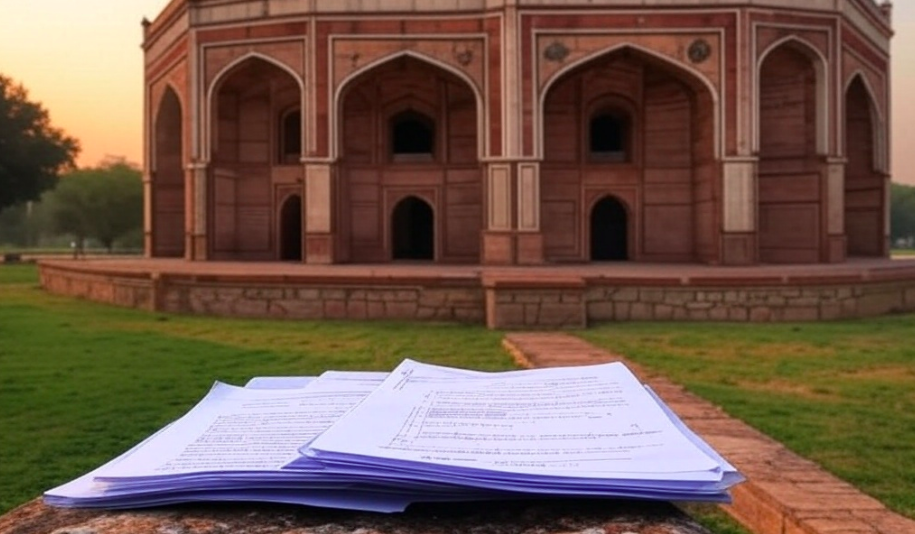Afroz Alam Sahil
Defence minister AK Antony said a few days back that the country is passing through a “transparency revolution” and the society is not ready for this transition.
He said the transition to this transparency revolution is facing “problems” as “India is not ready as Indian politicians, bureaucrats, businessmen, journalists, armed forces and all those who are holding key positions are not ready for this transition that is why there are problems.”
Referring to the RTI Act, Antony said RTI will help the transparency revolution percolate to all walks of life. “The RTI Act will spread to new areas. I think every facet of human life will be transparent. This is happening in India under the law,” he said.
To begin with, I would suggest that the fourth estate of democracy – the Media – owners running channels or publishing houses, editors or channel heads too must become transparent before aiming the stone on the ivory tower. They should voluntarily come under RTI Act.
Other three pillars of democracy – Legislature, Executive and Judiciary – are already under its purview.
Besides ideological and political inclinations and affiliations media has, over the years, become more and more powerful with developing technology and corporatization compelled it to engage in profiteering. In short its turning into a business of what Noam Chomsky said “manufacturing consent” most of the time ending in creating wrong perceptions.
The demand assumes more significance when our star journalists and channel heads are found brokering with the political parties and determining the fate of cabinet Ministers to benefit their advertisers or sponsors. The Radia saga was a classic example.
Recently, a channel head was found guilty of demanding salaries for their employees to a Public Relation Manager.
Many of them appear to have wealth excessive of their known sources of income. It is thus imperative that they not only become transparent but also bring ‘secrets’ under RTI Act.
Afroz is himself an RTI Activist.
The views expressed in this article are the author’s own and do not necessarily reflect BH’s editorial policy.









